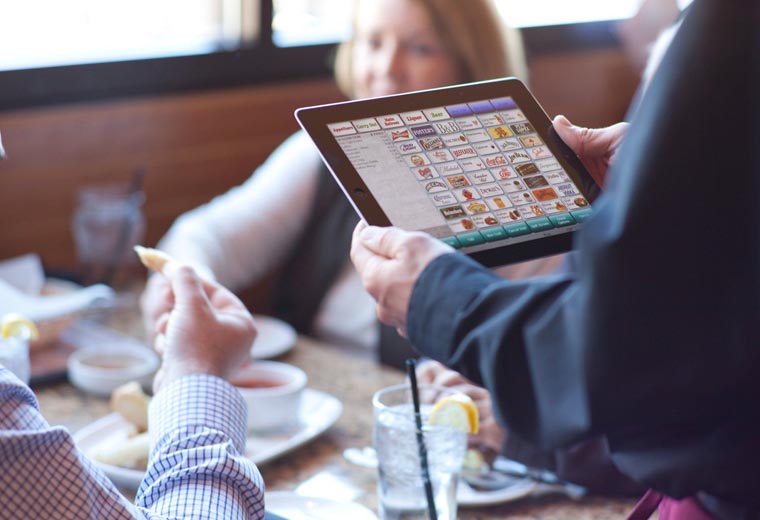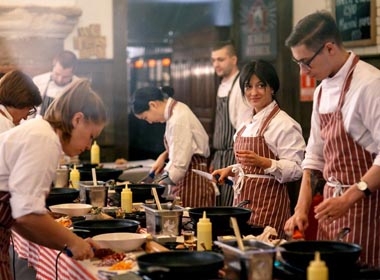Payment
How TAB Ordering Revolutionizes Restaurant Operations
September 13, 2023
Jane Doe

Transform the Dining Experience
In the ever-evolving landscape of the restaurant industry, technology continues to play a pivotal role in enhancing efficiency and customer experiences. One such innovation that is transforming the dining experience is TAB (Tablet) Ordering. This blog explores how TAB Ordering is revolutionizing restaurant operations, offering a seamless blend of convenience, efficiency, and enhanced customer satisfaction
The Benefits of TAB Ordering
TAB Ordering represents a significant leap forward in the realm of restaurant operations. By embracing this innovative technology, restaurants not only enhance efficiency and accuracy but also provide customers with a modern and interactive dining experience. As the industry continues to evolve, TAB Ordering stands as a testament to the transformative power of technology in shaping the future of dining.
1. Effortless Ordering Process
TAB Ordering eliminates the need for traditional paper menus and streamlines the ordering process. With a user-friendly interface, customers can easily browse through the menu, customize their orders, and submit them directly from the tablet, reducing the margin for error and ensuring accurate order placement.
2. Empowering Customer Control
TAB Ordering puts the power in the hands of the customer. Diners can take their time exploring the menu, make informed choices, and even place multiple orders without the need for constant interaction with waiting staff. This empowers customers to customize their dining experience according to their preferences.
3. Enhanced Order Accuracy
By removing the potential for miscommunication between customers and waitstaff, TAB Ordering significantly improves order accuracy. Customers can specify dietary preferences, allergens, or any special requests directly through the tablet, ensuring that the kitchen receives precise and clear instructions.
4. Faster Turnaround Times
The efficiency of TAB Ordering translates into faster turnaround times for both customers and restaurant staff. With orders transmitted directly to the kitchen, chefs can start preparing meals promptly, reducing wait times and enhancing overall dining satisfaction.
5. Upselling Opportunities
TAB Ordering provides strategic upselling opportunities for restaurants. By showcasing promotions, suggested pairings, or add-ons during the ordering process, restaurants can increase average check sizes and boost revenue without being intrusive.
6. Improved Table Turnover
Quick and accurate order processing means faster table turnover. This is especially beneficial during peak hours when every minute counts. TAB Ordering allows restaurants to accommodate more guests, maximizing their revenue potential.
7. Contactless and Hygienic Solutions
In the era of heightened awareness about hygiene, TAB Ordering offers a contactless solution. Customers can browse the menu, place orders, and make payments without handling physical menus or interacting extensively with waitstaff, contributing to a safer and more hygienic dining environment.
8. Real-Time Analytics for Informed Decision-Making
TAB Ordering systems often come equipped with analytics tools that provide valuable insights into customer preferences, popular menu items, and peak ordering times. This data enables restaurant owners to make informed decisions, refine their menu offerings, and enhance overall operational efficiency.
9. Seamless Integration with POS Systems
To ensure a cohesive operation, TAB Ordering seamlessly integrates with Point of Sale (POS) systems. This integration ensures that orders placed through tablets are instantly reflected in the kitchen and POS system, reducing the risk of discrepancies and facilitating smooth operations.
10. Positive Impact on Staff Productivity
With the burden of order-taking reduced, waitstaff can focus on providing personalized service, attending to customer needs, and maintaining a welcoming atmosphere. This positive shift in responsibilities contributes to higher staff satisfaction and, ultimately, better customer experiences.



